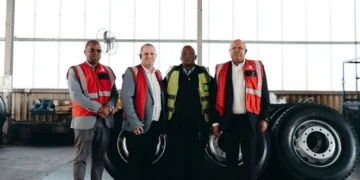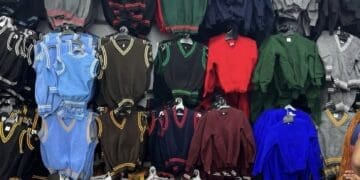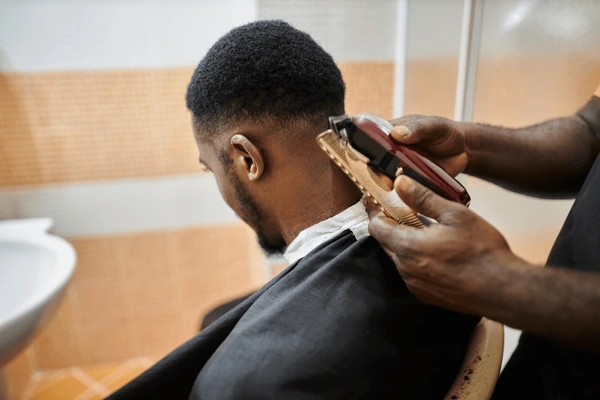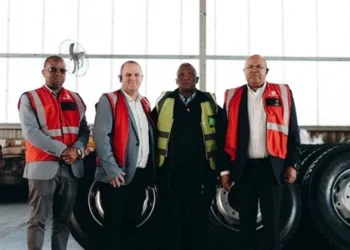From township corners to city streets, barbers are reshaping what it means to run a grooming business. Once seen merely as places for a quick haircut or shave, modern barbershops are now thriving small enterprises, blending creativity, culture, and commerce. Today’s barbers are not just stylists; they are entrepreneurs, marketers, and brand builders turning grooming into a lifestyle economy.
Across provinces like Gauteng and Limpopo, young barbers are scaling operations and finding new ways to grow their businesses. They are no longer relying solely on walk-in customers. Instead, they are using social media to attract clients, sell branded beard oils, skincare ranges, and even collaborate with local influencers. For many, platforms like Instagram and TikTok have become digital shopfronts where they showcase their craft, promote products, and share grooming tutorials.
“I started as a self-taught barber cutting hair in my backyard,” says Thapelo M, a Pretoria-based entrepreneur who now runs a men’s grooming studio and sells his own beard care line. “When I realised how many men struggle to find good grooming products locally, I saw a business opportunity. I used my client base to test products, and soon I was selling them online.”
This shift reflects a growing global trend where men are investing more in self-care and personal grooming. Locally, barbers are positioning themselves at the forefront of this movement, building SMMEs that do more than cut hair. Many now offer skincare consultations, sell products through e-commerce platforms, and even train upcoming barbers through workshops. Some have registered their businesses formally to access funding and support from agencies like the Small Enterprise Development Agency (SEDA).
According to business analysts, this evolution marks an important step for South Africa’s informal beauty economy.
“Barbers are realising they are part of a bigger value chain,” said Nomsa Dube, a small business development specialist. “They are learning to formalise, use digital payment systems, and develop customer loyalty through branding, and these are the pillars of sustainable entrepreneurship.”
Partnerships are also emerging between barbers and local grooming brands. Some collaborate with haircare manufacturers to create exclusive product lines, while others partner with apparel brands for lifestyle campaigns that merge fashion and grooming. These collaborations not only boost visibility but also open up new revenue streams.
Despite these gains, challenges remain. Many barbers struggle to access capital, secure business premises, or register trademarks for their products. However, digital tools are helping to level the field. Mobile payment systems, delivery apps, and online marketing allow even small township-based barbers to compete with established urban salons.
The modern South African barber is therefore much more than a craftsman; he is a business innovator redefining the country’s male beauty industry. With clippers in one hand and a smartphone in the other, these entrepreneurs are turning grooming into growth, style into strategy, and barbershops into sustainable SMMEs.
As more young men step into the grooming industry, not just as clients but as business owners, South Africa’s barbers are proving that the path from clippers to commerce is not only possible but profitable.
Azwi@vutivibusiness.co.za


























































